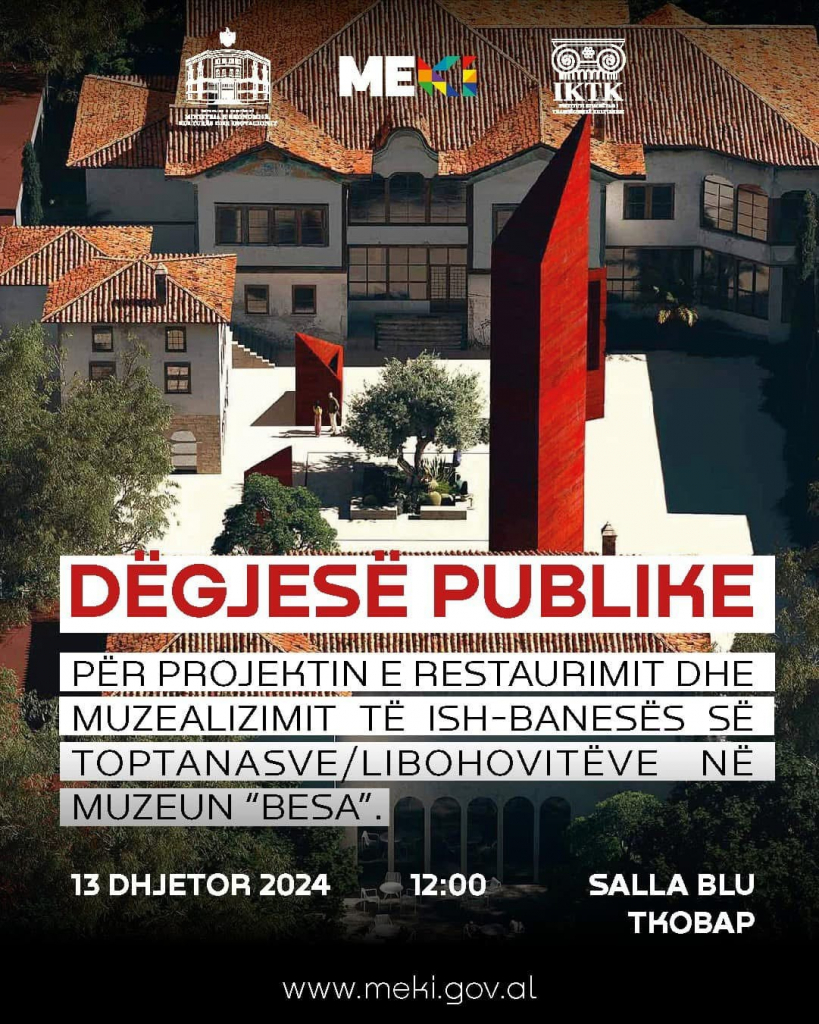NATO Ministerial in Brussels, Minister Hasani Highlights Cohesion as Critical for Security in the Western Balkans
Brussels, December 4, 2024 – Minister of European and Foreign Affairs Igli Hasani attended the NATO Foreign Ministers Meeting in Brussels, the first under the leadership of the new Secretary General Mark Rutte, and the concluding meeting of a historic year for the North Atlantic Alliance as it celebrated its 75th anniversary.
Minister Hasani reaffirmed Albania’s unwavering commitment to the transatlantic alliance, describing it as the “cornerstone” of NATO.
The minister stated that Albania currently invests 2.03% of its GDP in defense, with a focus on modernizing the armed forces, and that the goal is to reach 3% by 2030.
As part of the approval of NATO’s Biennial Report on the Western Balkans, Minister Hasani emphasized the critical need to strengthen NATO’s cohesion, particularly in maintaining security and stability in the Western Balkans, effectively countering transnational threats, and enhancing preventive and defensive capabilities.
The foreign ministers approved a number of documents on various Alliance issues, in particular the progress made in implementing the major decisions taken by Heads of State and Government at the Washington Summit (July 9-11, 2024) and the start of preparations for the NATO Summit in The Hague on June 24-25, 2025.
The meetings, attended by the incoming High Representative for Foreign and Security Policy, Ms. Kaja Kallas, focused on continued support for Ukraine. In a discussion with their Ukrainian counterpart, Andriy Sybiha, in the NATO-Ukraine Council (NUC) format, Allied Foreign Ministers reaffirmed their full support for Ukraine’s efforts to counter Russian aggression.
Another session focused on the situation on the Alliance’s southern flank, to which Jordan’s King Abdullah II was invited. Allies emphasized the strengthening of NATO’s existing partnerships with countries on its southern flank, most recently affected by the Gaza crisis, as well as the decisions taken by Heads of State and Government at the Washington Summit to appoint a NATO Special Representative for the South.
Allied ministers also reviewed NATO’s strategic approach to Russia and the measures needed to address broader security concerns, including hybrid threats.



